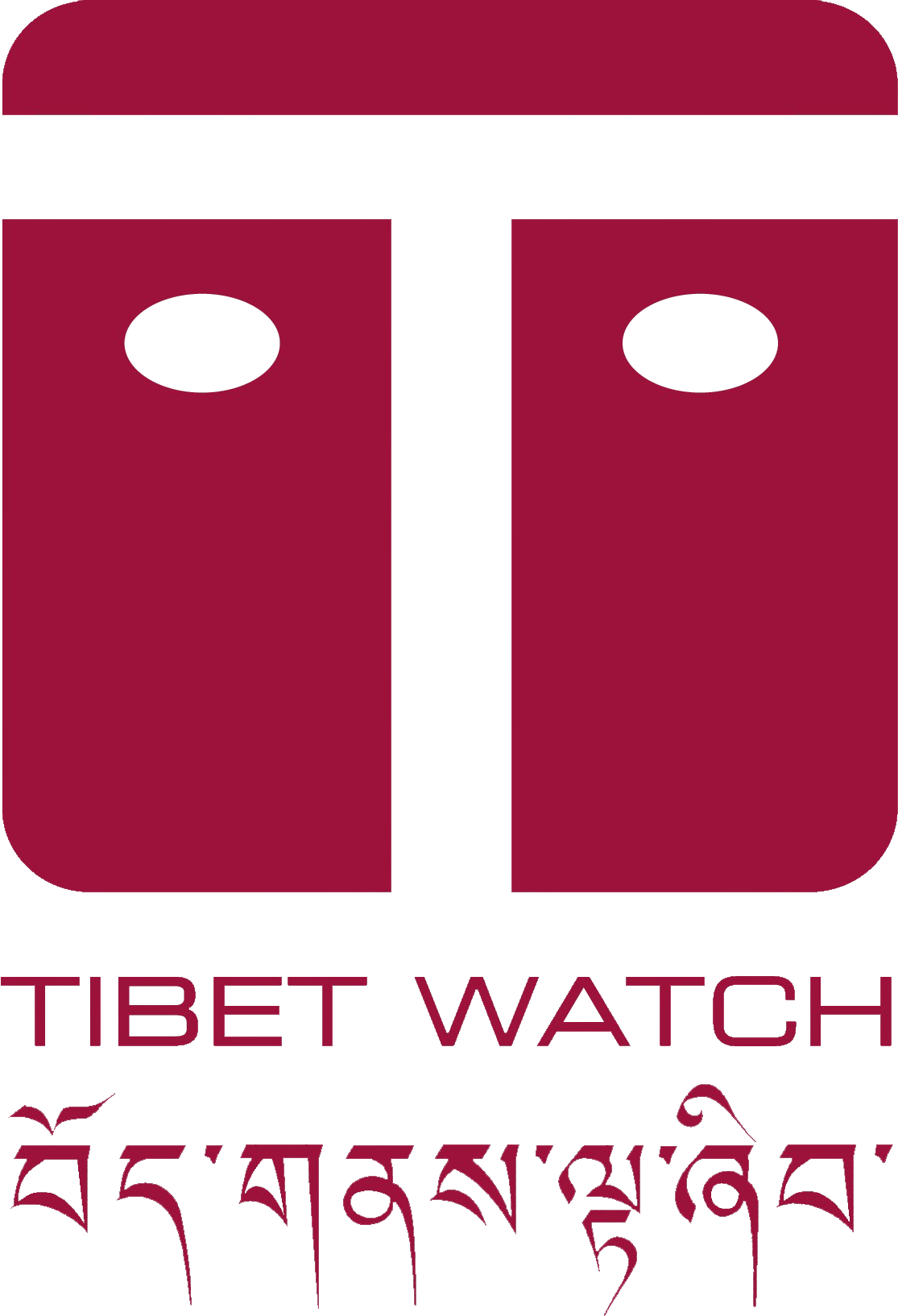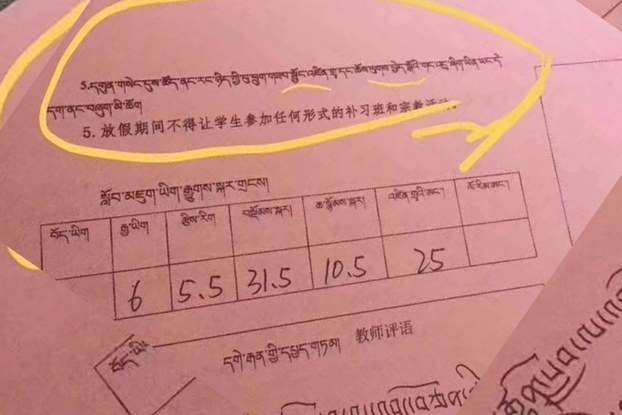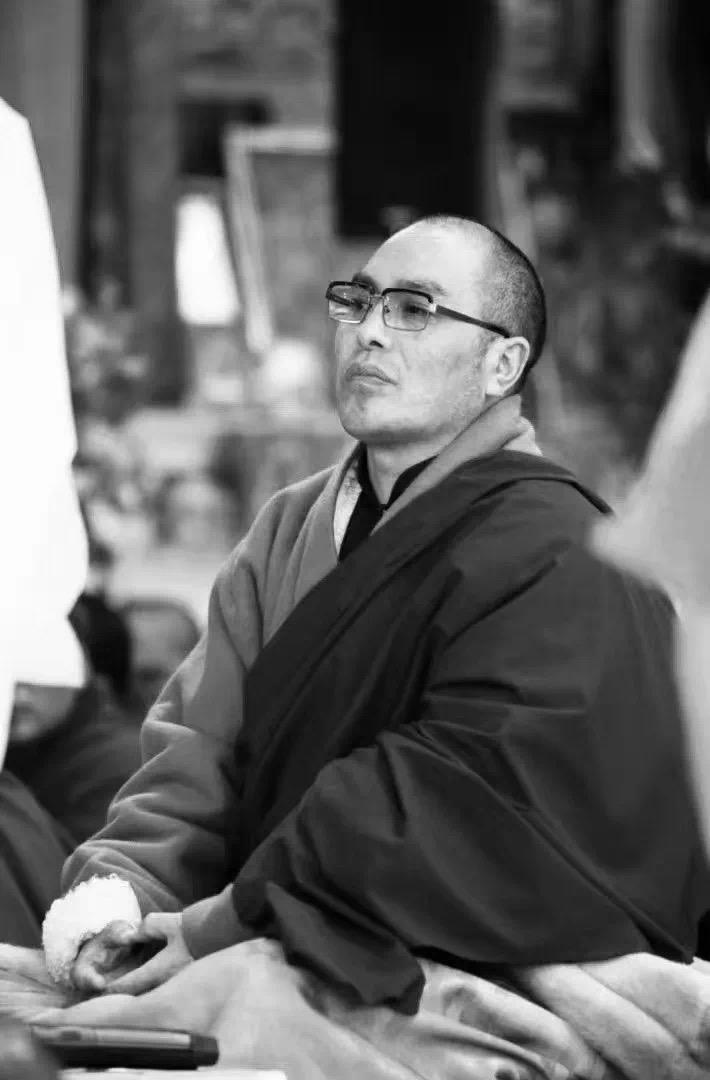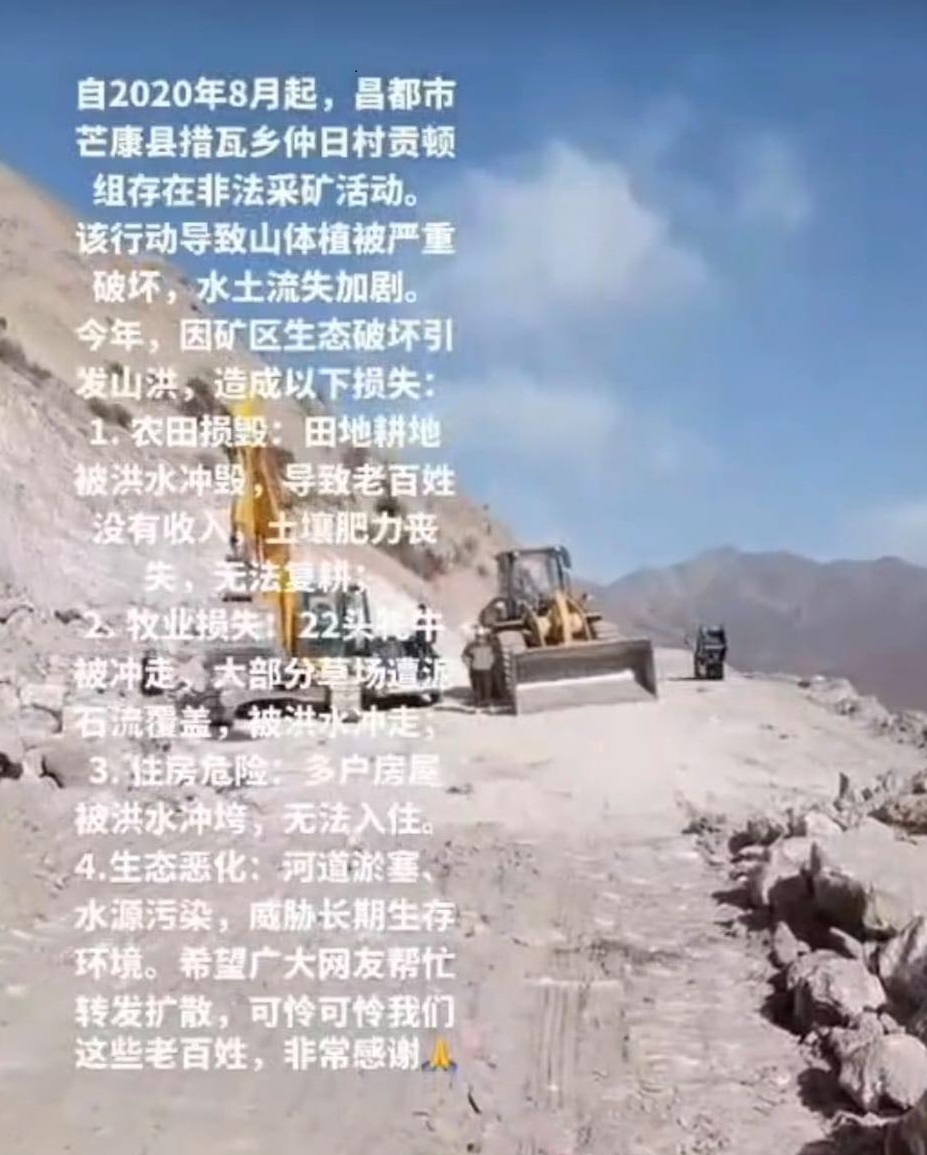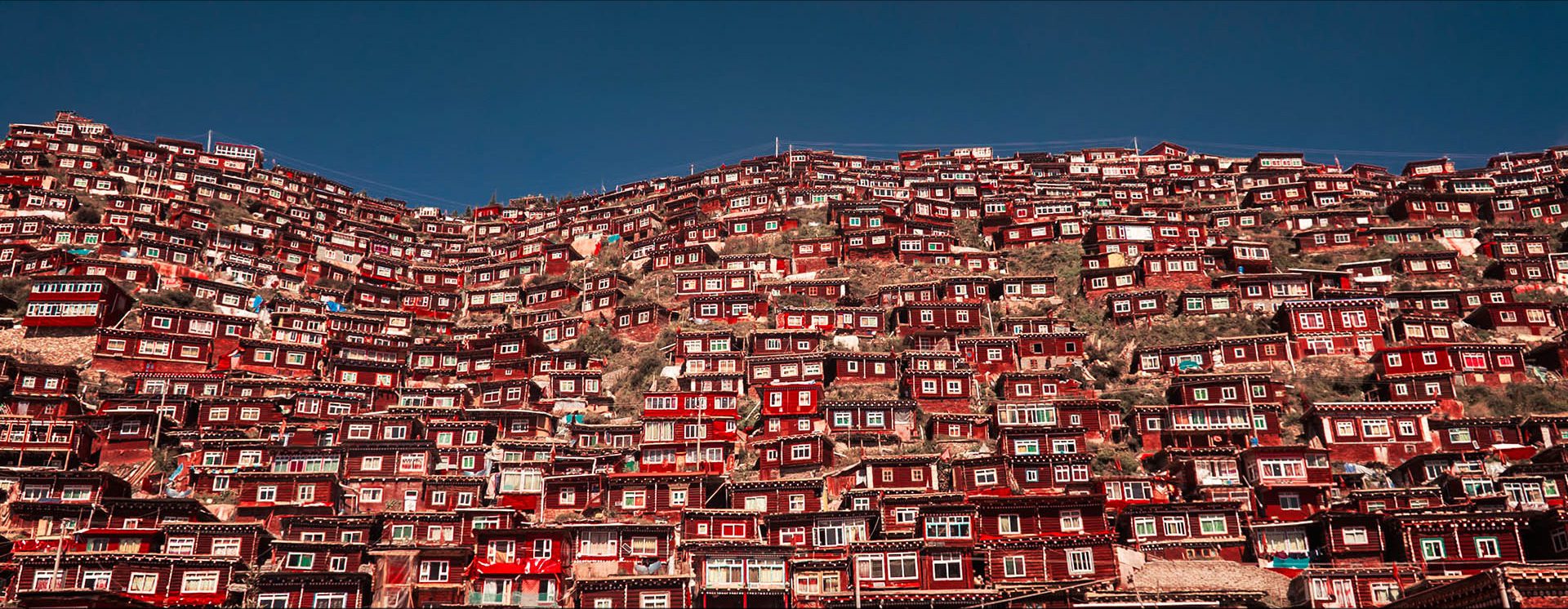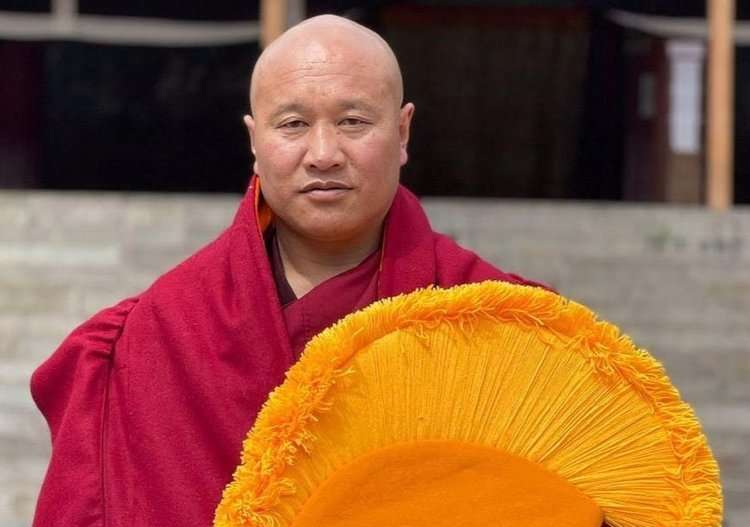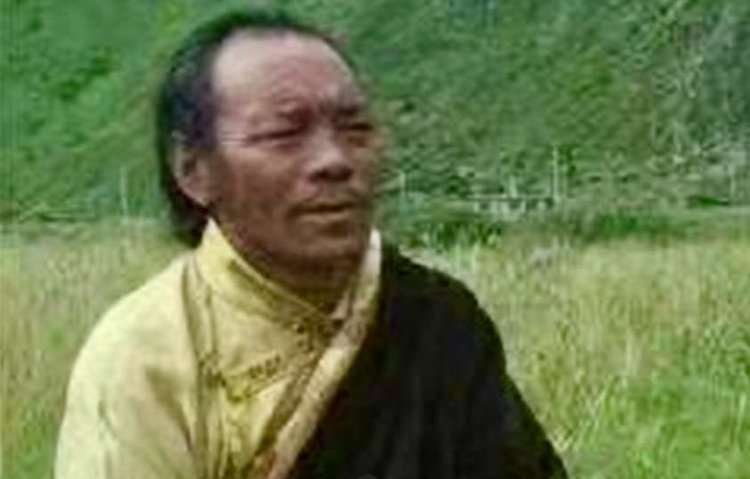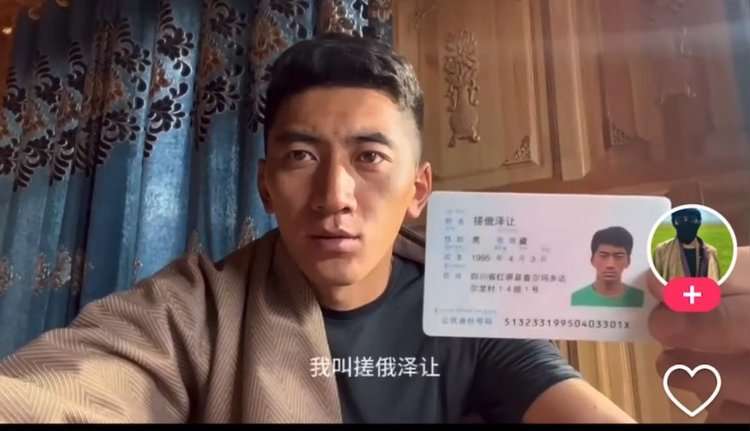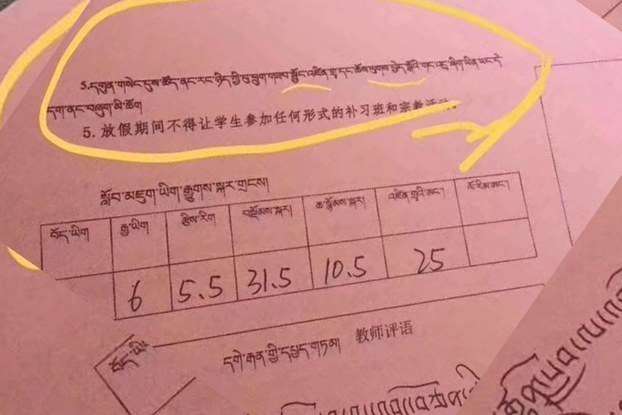
Chinese authorities warn Tibetans to keep away from religious festivals over winter
According to information given by a Tibetan resident in Lhasa to an exile media house, the Chinese government has introduced measures to further restrict participation in Tibetan Buddhism. According to the source, Lhasa authorities have recently given a notice that Tibetan party members and government officials are not allowed to take part in any of the religious activities.
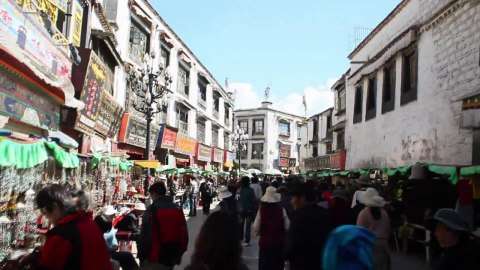
Lhasa street
These Tibetans have been warned that if the government acquires any information of them engaging in religious activities such as visiting and circumambulating around temples (a practice of walking around the temple to earn merit), they will be penalized and lose any rights that come with their job.
The Chinese authorities, in order to gather information on anyone who engages in such activities, has put up new surveillance mechanisms alongside pre-existing cameras around the temples and circumambulation routes.
Those caught could have their identity cards (ID) removed, for life, thus restricting their ability to move freely inside Tibet. For traveling anywhere by air, train or bus, ID cards are needed to be shown at airports and road check points – and even for checking into hotels.
Tibetan party members and government officials were also forbidden from participating in commemorations for the death anniversary of Je Tsongkhapa, the founder of the Gelukpa sect of Tibetan Buddhism. While other Tibetans did attend the ceremony, in memory of the great lama, it was reported that Tibetans from surrounding villages were warned to stay at home and not join any pilgrimages.
Tibetans also partook in death anniversary commemorations for Lama Tsongkhapa but in an atmosphere of fear and caution. During the two days of rituals large numbers of police officers were deployed in Lhasa, both inside and around the capital. All the alleyways, main roads, and crossroads were filled with patrolling Chinese police cars; ready to act upon and arrest anyone who appeared problematic.
In a similar case, school students in Tsethang, Lhokha, near Lhasa, were warned not to engage in any extra-curricular activities such as workshops or religious events during their winter holiday (see image below). The order curtailing their religious freedoms had been issued to the parents along with the students’ exam reports.
Last year Tibet Watch reported on similar notices, issued in May and July, where school students and their parents were warned to avoid engaging in religious activities, over the school holidays, which included observing the holy month of Saga Dawa.
Even though Article 36 of the Chinese constitution says that all citizens “enjoy freedom of religious belief, incidents such as these highlight the reality of Communist Party rule over Tibet.
Tibetan Buddhism is very close to the hearts of many in Tibet and is central to their way of life. Given that this strong religious identity stands in contrast to the Chinese identity imposed by Beijing, the Communist Party have repeatedly sought to weaken and control the influence of Buddhism.
Restricting the religious practices and cultural expression of Tibetan children is a particularly powerful way of achieving this. One which potentially threatens eliminating the idea of a distinct Tibetan nation from the minds of future generations.
